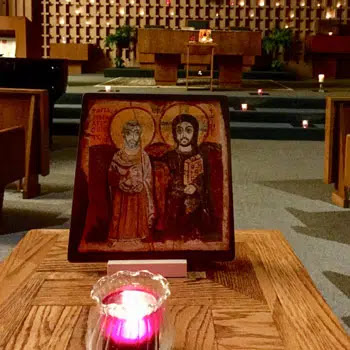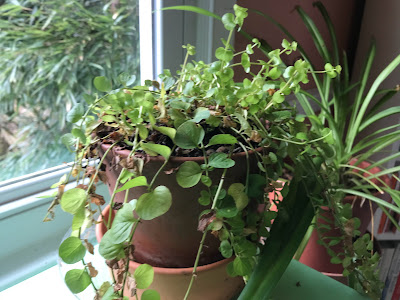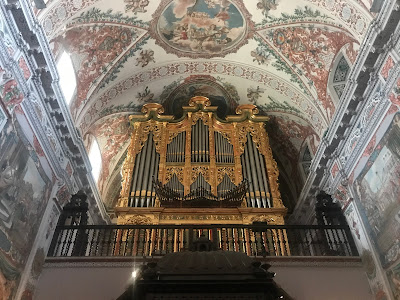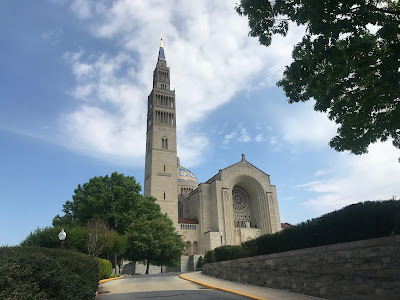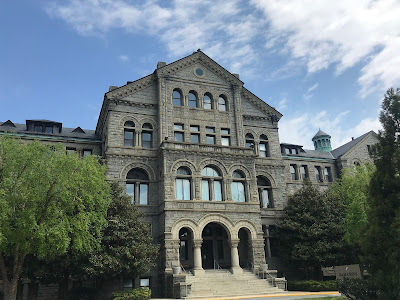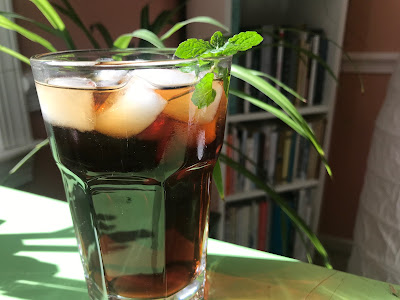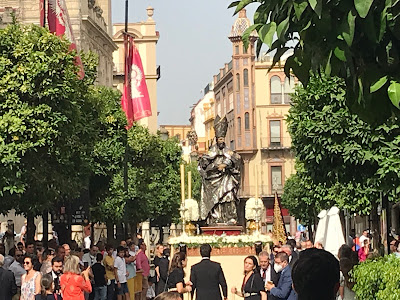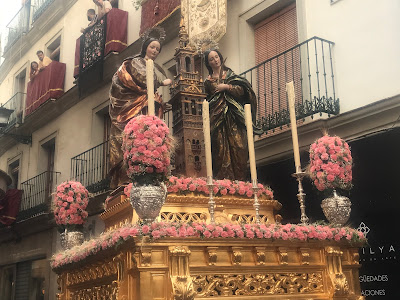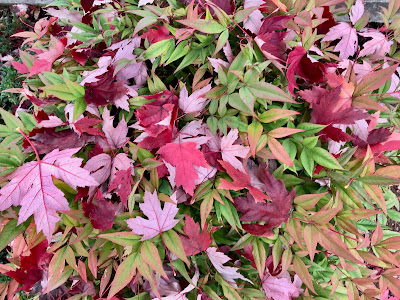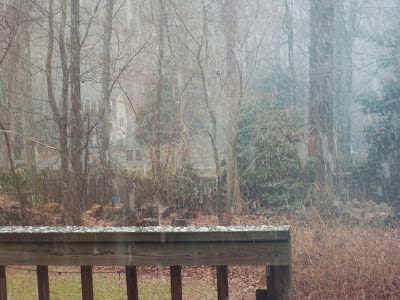Taizé Prayer
I’d heard about it for years but usually have a conflict on the night it happens. Last night I didn’t, so I drove to the church in the dark and walked into a shimmering, candlelit chapel that scarcely resembled its everyday self.
There were icons on the altar and candles flickering around the sanctuary, illuminating the rough-hewn brick walls. There were two tables of thin tapers for lighting to elevate your prayer intention. There were many in attendance, but a hush filled the room.
Taizé is an ecumenical monastic community in France with worship services of repetitive chanted prayer. Its model has become popular around the world.
We sang in Latin, we sang in English. We were accompanied by piano, organ, violin, oboe and clarinet. The melodies were like plainsong, and in their repetition was the music of the ages.
Silence punctuated the service: a silent entrance, a silent exit, and a stretch of silence in the middle, time for quiet contemplation — “essential to discovering the heart of prayer,” the handout told me.
I left feeling renewed, inspired, quieted.
(Photo: courtesy Arlington Catholic Herald.)
